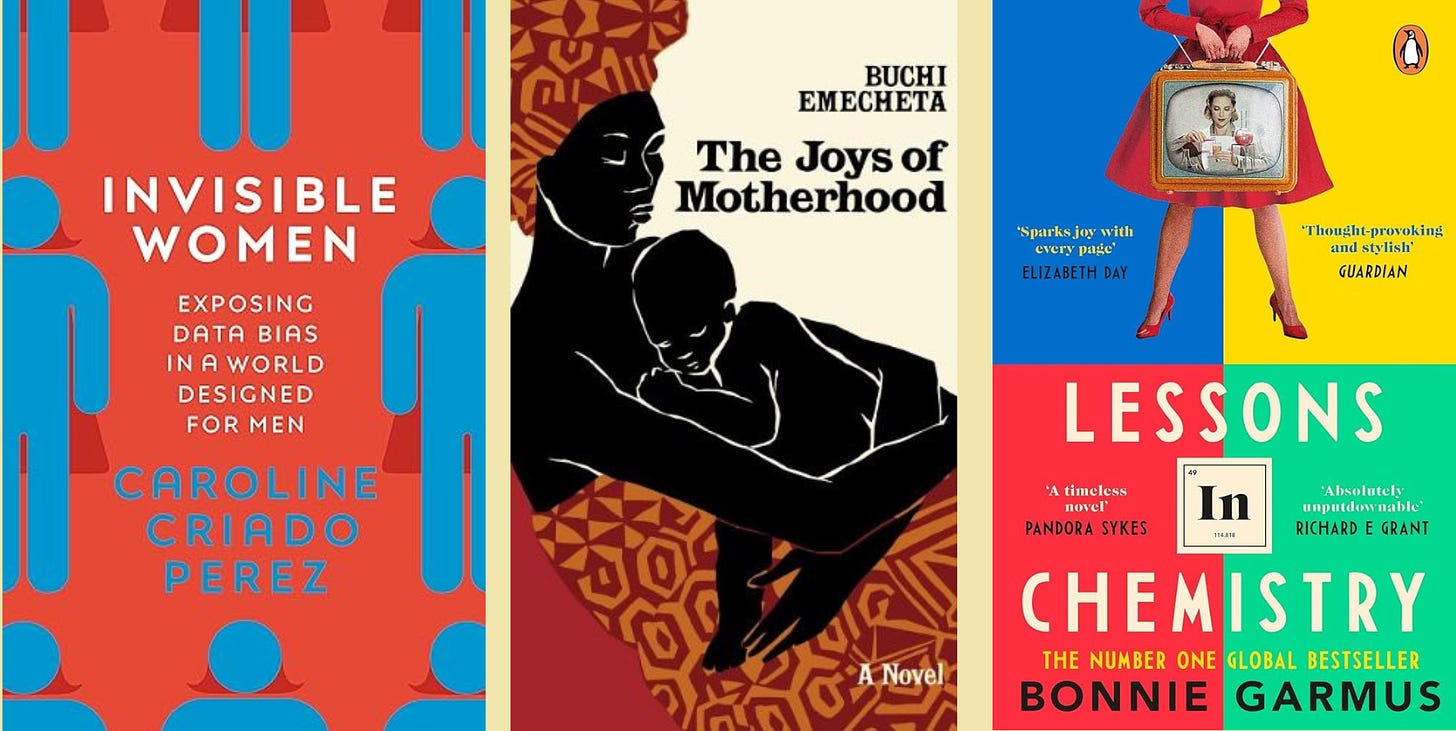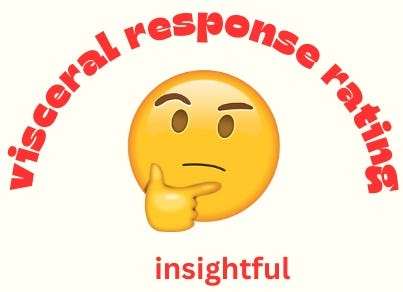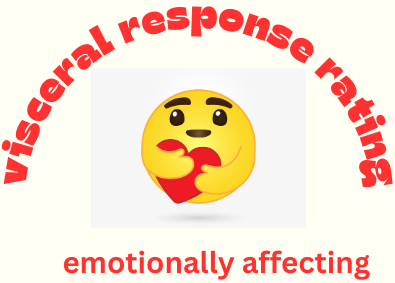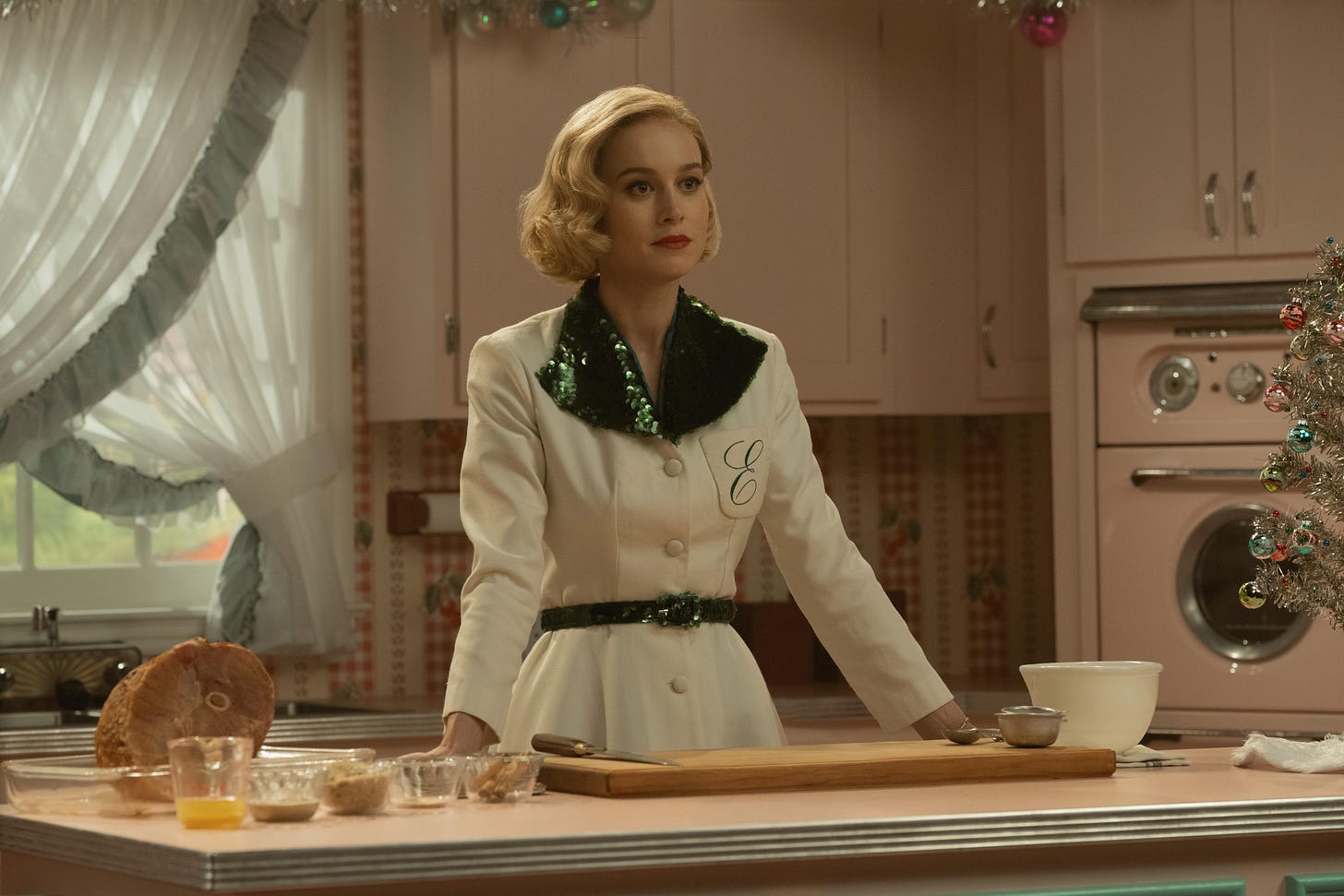Women’s Day: How the other half lives
In late March, just weeks after the world marked International Women’s Day, Saudi Arabia was elected chair of the UN forum for women’s rights. So the March6 edition of This Week, Those Books remains highly topical. Read it here or sign up for free at https://thisweekthosebooks and get the post the day it drops

Welcome to This Week, Those Books, your rundown on books new and old that resonate with the week’s big news story.
The few minutes it takes to read this newsletter will make you smarter, faster. These book suggestions come with a summary and quotes. So even if you don’t read the actual book, you’ll be able to discuss it. I never recommend a book I don’t like and I look through a number every week to find the few I share. Find me on Twitter, LinkedIn, Facebook or YouTube.
Yours,

The Big Story:
International Women’s Day is marked in many countries on March 8 with events that variously applaud our great social strides or the lack of them.
- The tone of commemorations is often similarly confused. In some places, women are presented with bouquets of flowers reminiscent of Mother’s Day or Valentine’s Day. In others, there are marches for gender equality. In China, Madagascar, Nepal, Cambodia, Sierra Leone and Kyrgyzstan, women get to enjoy an extra holiday.
- The United Nations, which started to observe International Women’s Day in 1975, highlights a different women’s rights issue every year. In 2024, its theme is invest in women and it will feature a webinar for women in Africa’s tourism sector.
- UN Secretary-General Antonio Guterres has said that at the current rate, legal equality for women is some “300 years away”.
- On March 4, France became the world’s first country to explicitly include the right to abortion in its constitution. Its prime minister declared: “We’re sending a message to all women: your body belongs to you and no one can decide for you”.
- On March 9, India hosts the finale of Miss World, the oldest existing international competition of its kind.
The Backstory:
- The first International Women’s Day was not particularly international, being restricted to some European countries and the United States. It took place on March 19, 1911.
- March 8 became fixed as International Women’s Day because a consequential female textile workers strike began in the city now known as St Petersburg on February 23, 1917. That date corresponds with March 8 on the Gregorian calendar used by much of the world.
This Week, Those Books:
- A breakdown of how the world is designed to fit “the default male”.
- A classic from Nigeria on women’s lot in life.
- A bestseller that became a TV series on women who dare.

- Invisible Women: Exposing Data Bias in a World Designed for MenBy: Caroline Criado Perez
Publisher: Chatto & Windus
Year: 2019

Activist and author Caroline Criado Perez takes us through life as we live it – travelling, in the office, handling mobile phones, going to the doctor, looking for a public restroom – and shows that the data used to design our world is meant for the standard male. Everything – from traffic planning to products like pianos and smartphones – is designed to fit men as the human default. Even something that seems gender neutral, like the snow-clearing schedule of the Swedish town of Karlskoga, is skewed to men as the average user. (The snow was first cleared off major traffic arteries rather than pedestrian walkways, which women use more than men.)
“All [data] have been presented to us as objective facts,” Perez writes. “But the reality is, these facts have been lying to us. They have all been distorted by a failure to account for half of humanity”.

- The Joys of MotherhoodBy: Buchi Emecheta
Publisher: Allison & Busby
Year: 1979

This beautiful novel, set in pre- and- post- independence Nigeria, tells the story of Nnu Ego, daughter of a great Ibo chief and a rebellious woman who refused to marry him. Nnu Ego is twice married, having been cast aside for her alleged barrenness (in this instance, not having a child within nine months of the nuptials). Remarried to Nnaife, who serves as a washerman to a white couple in Lagos, Nnu Ego lives a life that centres around bearing and raising nine children. She puts up with the reality of socially required polygamy – when Nnaife’s brother dies, he inherits his four wives and brings the youngest to Lagos – and labours unceasingly for her family.
Eventually, her children grow up and move away, and her husband goes to jail. Nnu Ego leaves Lagos to return to her village and dies alone. Her sons ensure that she has a grand funeral, lavishing on her the time, money and consideration they never afforded their mother in her life. The closing lines of the novel underline the irony of the title: “She died quietly there, with no child to hold her hand and no friend to talk to her. She had never really made many friends, so busy had she been building her joys as a mother”.
Choice quotes:
“God, when will you create a woman who will be fulfilled in herself, a full human being, not anybody’s appendage?”
“…it occurred to Nnu Ego that she was a prisoner, imprisoned by her love for her children, imprisoned by her role as the senior wife…It was not fair, she felt, the way men cleverly used a woman’s sense of responsibility to actually enslave her. They knew that the traditional wife like herself would never dream of leaving her children.”

- Lessons in ChemistryBy: Bonnie Garmus
Publisher:
Year: 2022


Brie Larson in the Apple TV+ series A debut novel that became a bestseller and a TV series, this is a funny – but dreadfully true – take on the women who battled to hold their own in traditionally male arenas in the late 1950s and early 1960s. Elizabeth Zott, a 30-year-old American single mother and scientist is the reluctant star of a TV cooking show. Her life feels like a palimpsest from another age, except that for so many women in so many parts of the world, it’s still a reality.
Originally published at This Week, Those Books





